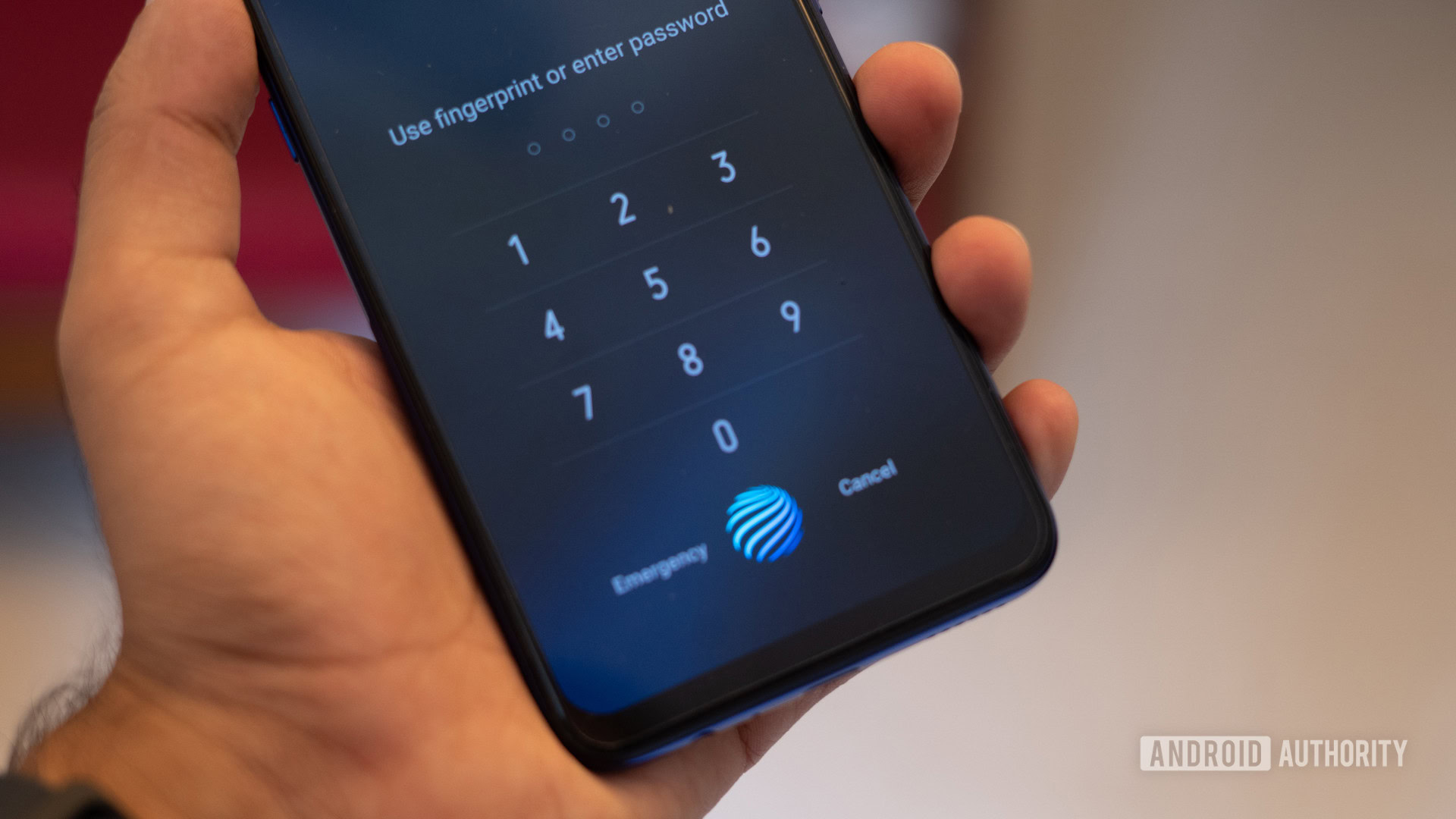Affiliate links on Android Authority may earn us a commission. Learn more.
Federal judge rules warrantless phone searches of anyone at US border are fine
Published onFebruary 10, 2021

- A First Circuit US judge has found that phone searches at US borders without a warrant are constitutional.
- “The bottom line is that basic border searches of electronic devices do not involve an intrusive search of a person,” she wrote in her ruling.
- The ACLU and other civil liberties organizations have condemned the ruling.
People traveling in or out of the United States through many major airports have a new thing to be concerned about: customs agents rummaging through their phones and laptops. According to a new ruling (via The Verge), Customs and Border Protection (CBP) agents do not need a warrant to force you to unlock your electronics so they can search them.
What’s more, the new ruling also gives the green light for copying data from those devices. This ruling overturns an earlier ruling that laptop and phone searches such as these are unconstitutional.
First Circuit Judge Sandra Lynch presided over the case. In her ruling, she wrote that “electronic device searches do not fit neatly into other categories of property searches, but the bottom line is that basic border searches of electronic devices do not involve an intrusive search of a person.”
Phone searches: A privacy violation, or a simple security measure?
Our phones are not just for phone calls and texts anymore. We use them to store personal photos, videos, documents, and other info. We use them to access our bank accounts, our health records, and other sensitive information. However, Judge Lynch apparently doesn’t think rummaging through or even copying that data would be “intrusive.” She argues that the US government’s security interests are paramount in these instances.
Related: 10 best privacy apps for Android
For what it’s worth, several civil liberties groups have already condemned this ruling related to phone searches. “Warrantless and suspicionless electronic device searches can give border officers unfettered access to vast amounts of private information about our lives,” said Esha Bhandari, deputy director of the ACLU’s Speech, Privacy, and Technology Project. “We are disappointed with the ruling and evaluating all options to ensure we don’t lose our privacy rights when we travel.”
It is possible this case could go further up the chain. The Biden administration could create a federal law that protects travelers from unnecessary searches. However, for now, a CBP agent telling you to unlock your phone so they can scroll through your data without a warrant is legal.